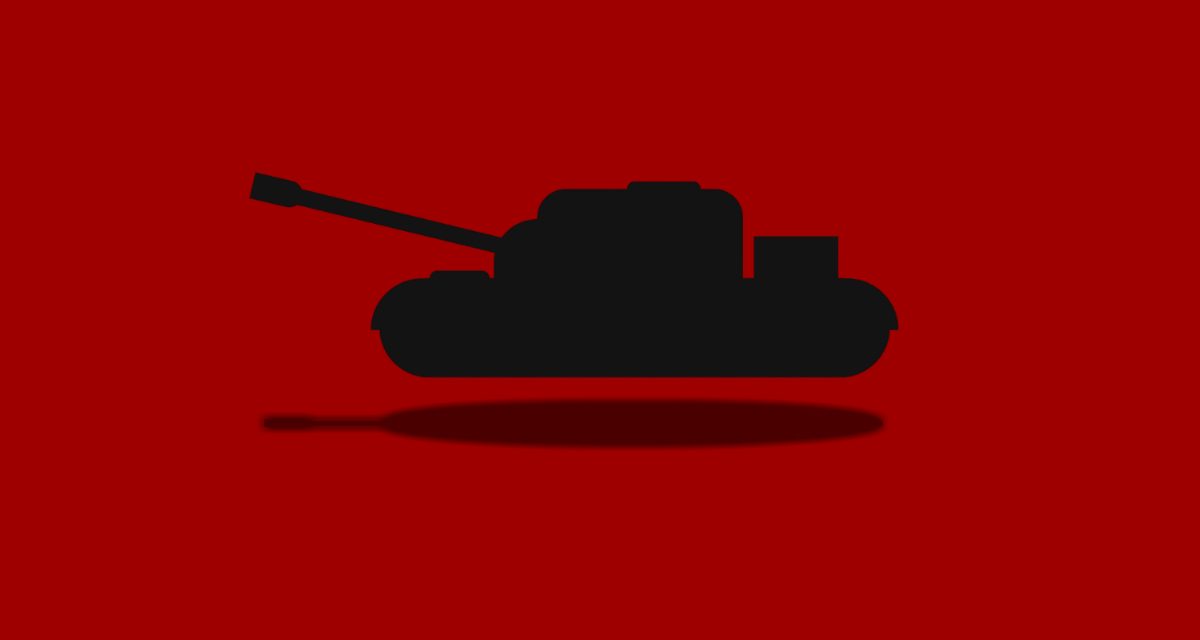By Daniel R. Russel
 The Singapore summit was mesmerizing political theater. In this latest installment of “diplotainment,” live from the Oval Office, U.S. President Donald Trump assured the American people that they could trust Kim Jong Un and that North Korea's supreme leader was sincere about denuclearization. Further adding to the spectacle was a faux film trailer that Trump had prepared for Kim. Claiming to have been produced by “Destiny Pictures,” the video featured footage of Trump and Kim as tense music played in the background; a male narrator spoke in overly dramatic tones: “A new story, a new beginning, one of peace. Two men, two leaders, one destiny. A story in a special moment in time. When a man is presented with one chance that may never be repeated, what will he choose?”
The Singapore summit was mesmerizing political theater. In this latest installment of “diplotainment,” live from the Oval Office, U.S. President Donald Trump assured the American people that they could trust Kim Jong Un and that North Korea's supreme leader was sincere about denuclearization. Further adding to the spectacle was a faux film trailer that Trump had prepared for Kim. Claiming to have been produced by “Destiny Pictures,” the video featured footage of Trump and Kim as tense music played in the background; a male narrator spoke in overly dramatic tones: “A new story, a new beginning, one of peace. Two men, two leaders, one destiny. A story in a special moment in time. When a man is presented with one chance that may never be repeated, what will he choose?”
Trump is certainly correct in pointing out that he made history in meeting amicably with his North Korean adversary. But it is yet to be determined whether he made a historic breakthrough or a historic blunder. No previous U.S. president considered it prudent to embark on summitry with so little preparation or on terms so favorable to the other side, let alone to promise to unilaterally discontinue defensive joint U.S.–South Korean military exercises on the Korean Peninsula. For his part, Kim can rightfully boast that he has accomplished what his father and grandfather could only dream of: achieving the twin goals of building a viable nuclear weapons capability and then winning international acceptance as a “very honorable” peer, as he was referred to by the leader of the free world.

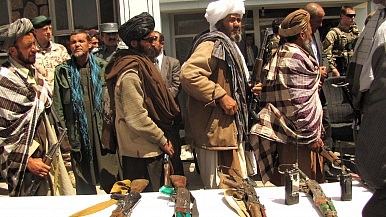
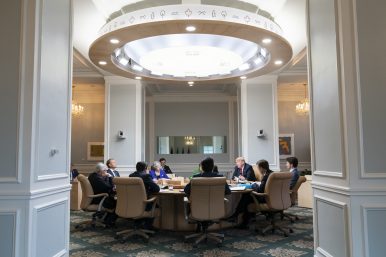

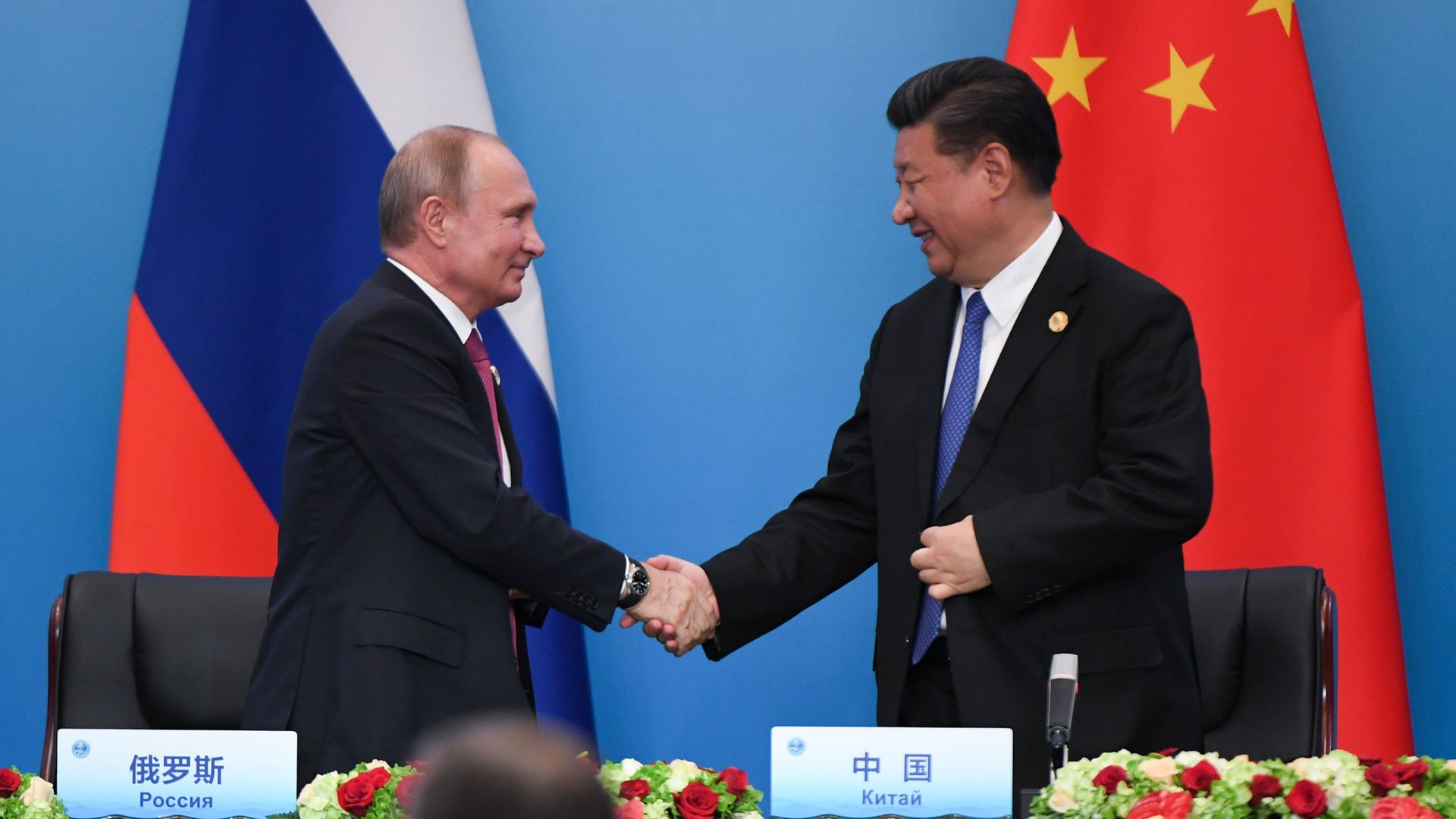



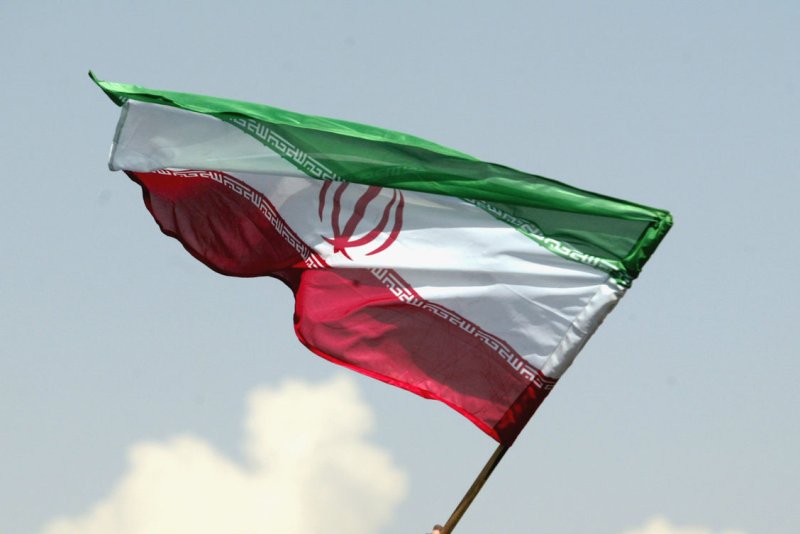




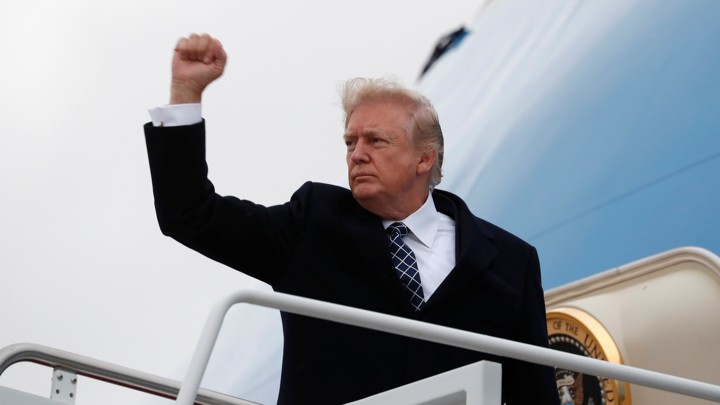



/arc-anglerfish-arc2-prod-mco.s3.amazonaws.com/public/XU76ZKBTD5EDVB2L6TES7YQCNQ.jpg)
